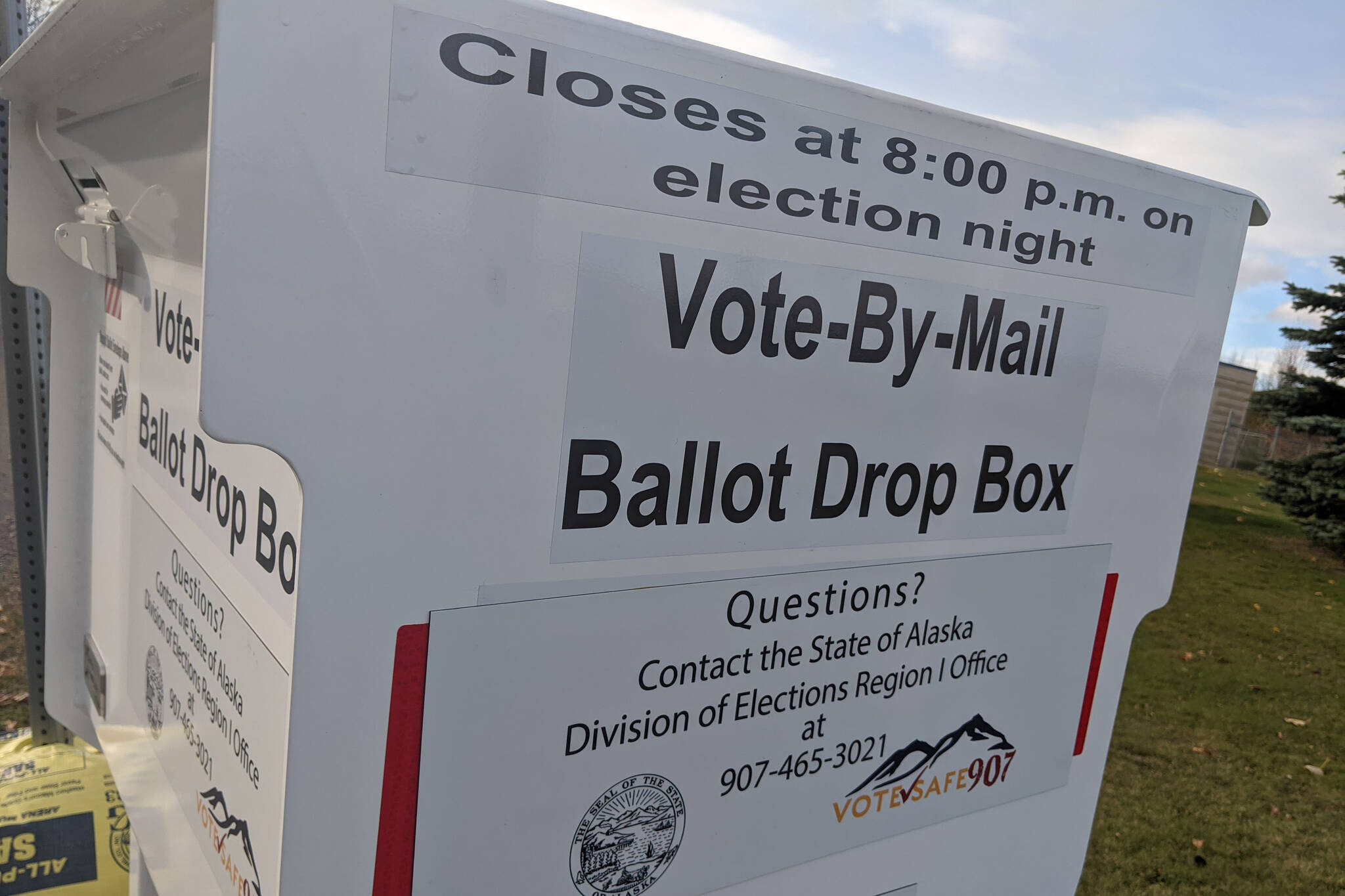Therese Lewandowski
Elections are nonpartisan and administered by local governments.
Decades ago, with increasing partisan pressures, an appointed administrator, usually the secretary of state, established more professional oversight procedures for its state — ensuring greater security and accuracy. Federally, various voting rights acts were passed to not only protect voter discrimination but also to ensure national consistency.
States continually review election procedures and pass legislation if changes are needed. So far, this fairly new decade has seen more election legislation enacted than the previous one.
In 2021 approximately 1,000 bills were introduced in state legislatures. Of those, 96 election laws have been enacted. Some of the introduced bills will carry over into 2022 for more legislative discussion.
Nineteen states enacted 34 laws to make it more restrictive to vote, such as tighter ID requirements, minimizing time to obtain an absentee ballot, purging voter rolls according to certain criteria, and partisan control over election administration.
Twenty-five states in 2021 enacted 62 election laws to ease voter access such as expanded mail-in-voting, easier means to register to vote and early in-person voting. For instance, here in Alaska in 2016, voters approved a ballot measure that automatically registers eligible individuals to vote when applying for the Alaska Permanent Fund dividend. (Residents are sent an opt-out of being a registered voter mailer when first applying for a PFD or when there is a mailing address change, or can contact a regional elections office to opt out.)
Other examples of voter ease election laws: In 2020 four more states — Colorado, Hawaii, Utah and Washington — added all-mail voting, joining Oregon, which began this voting method in 2000. And by 2020 several states added early in-person voting and no-excuse absentee voting.
Election security, efficiency and accuracy continue to be integral to maintaining nonpartisan run elections. Remember, all votes count and all voices matter.
Therese Lewandowski for Kenai Peninsula Votes.

